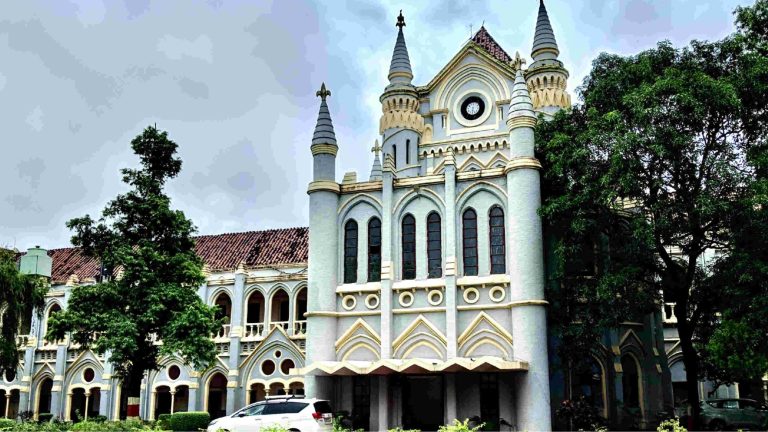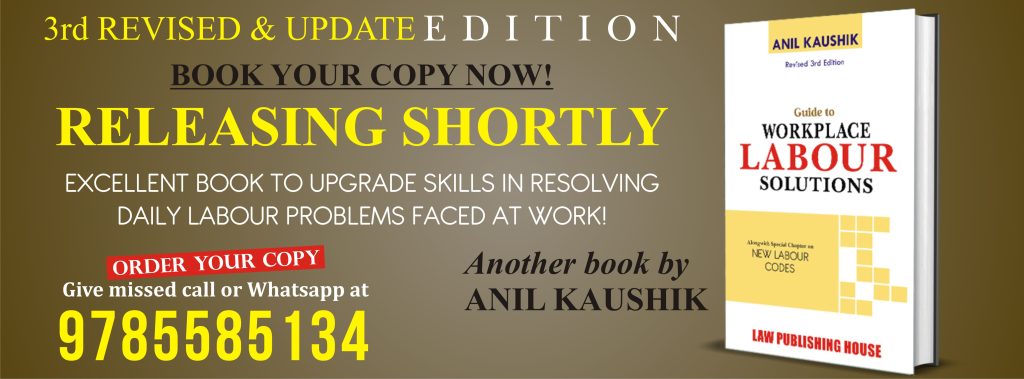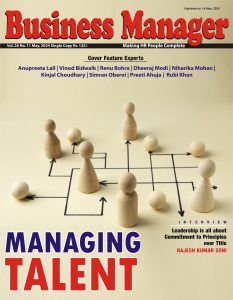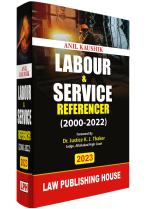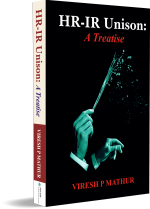Madhya Pradesh High Court has recently made an observation that when contracts of employment are governed purely by the terms of the contract without any element of statutory governance, such contracts that determine the relationship between the master and the servant are not specifically enforceable.
“This Court in WP No.29/2023 (Purushottam Suryabanshi Vs. The State of Madhya Pradesh and Ors.) has placed reliance on the decision of the Apex Court in the case of State Bank of India Vs. S.M. Goyal reported in 2008 (8) SCC 92 wherein the Apex Court held that when the relationship of master and servant is purely contractual, the contract of service is not enforceable, and the employment is governed purely by contract and if there is no element of statutory governance, the contract of personal service will not be specifically enforceable”, the single judge bench of Justice Maninder S. Bhatti noted.
In State Bank of India v. S.M. Goyal, the apex court had iterated that even if the termination of the contract of employment (by dismissal or otherwise) is found to be illegal or in breach, the remedy of the employee is only to seek damages and not specific performance. In such instances, the court will neither declare such termination to be a nullity nor declare that the contract of employment subsists nor grant the consequential relief of reinstatement, with a very few exceptions.
Facts of The Case
The petitioner was appointed as samooh prerak in Rewa for a period of one year in 2015. On 07/03/2020, the petitioner was transferred from Rewa to Bhind. The petitioner employee challenged the transfer order in the High Court as a result of which its operation was stayed until 30/09/2020. On 30/09/2020, the petitioner’s representation against the transfer order was decided by the respondent authorities as per the direction of the High Court and it was rejected. This decision by the respondent authorities was again challenged by the employee before the High Court via another writ petition. The said writ petition got dismissed on 27/02/2021. Later, when the petitioner tried to rejoin as samooh prerak as per the transfer order, the respondents refused to allow the same.
Also read: 90% CEOs feel hybrid work leaves positive employee experience: Report
Aggrieved by the act of the authorities, the petitioner employee again preferred another writ petition before the High Court. The court directed the respondents to consider the reinstatement of the petitioner if there is no other legal impediment. On 30/11/2021, the respondents passed another order stating that the contractual agreement has come to an end as per clause 17 of the Contract since the petitioner has remained unauthorizedly absent for months. Challenging the said orders of the respondents, the petitioner sought a direction in the nature of certiorari to quash the same and a direction in the nature of mandamus to reinstate the petitioner in service with arrears of salary, continuity in service etc.
In the order, the single judge bench also took note of the fact that the absence of the petitioner in the time period between the transfer order dated 07/03/2020 and the High Court’s interim stay on 26/05/2020 has not been satisfactorily accounted for. Additionally, the court also observed that the absence of the petitioner for nearly three months in the period between 30.09.2020 and 27.02.2021, i.e., between the date on which the petitioner’s representation challenging the transfer order was rejected and the date on which the writ petition challenging the same decision was dismissed respectively, has not been sufficiently explained by the petitioner.
“This fact was important inasmuch as the interim order was passed by this Court in WP No.7072/2020 on 26/05/2020 and by 26/05/2020, more than two months and fifteen days had already elapsed from the order of transfer dated 07/03/2020…. After rejection of the petitioner’s representation on 30/10/2020, as to whether the petitioner made any effort to join duties is not clarified and the period commencing from 13/10/2020 i.e. the date of rejection of representation till 27/02/2021 i.e. the date of dismissal of writ petition i.e. WP No.16433/2020 again is unexplained and this period is undoubtedly much more than three months”, Justice Maninder S. Bhatti clarified.
The High Court concluded that the apex court decision has already established that the contractual appointee has very limited rights to ask for continuation of service when the relationship between the master and the servant is purely contractual and lacks any statutory governance. Considering the fact that the petitioner employee failed to demonstrate reasons for his prolonged absence from the workplace, contrary to Clause 17 of the Contract that governs the employer-employee relationship, the respondents have not committed any error in putting an end to the stint of the petitioner as ‘samooh prerak’, the court added.
Case Title: Sudheer Kumar Sharma v. The State Of Madhya Pradesh Through The Principal Secretary Panchayat And Rural Development Department & Ors.
Case No: Writ Petition No. 14808 of 2022
Stay connected with us on social media platform for instant update click here to join our LinkedIn, Twitter & Facebook


